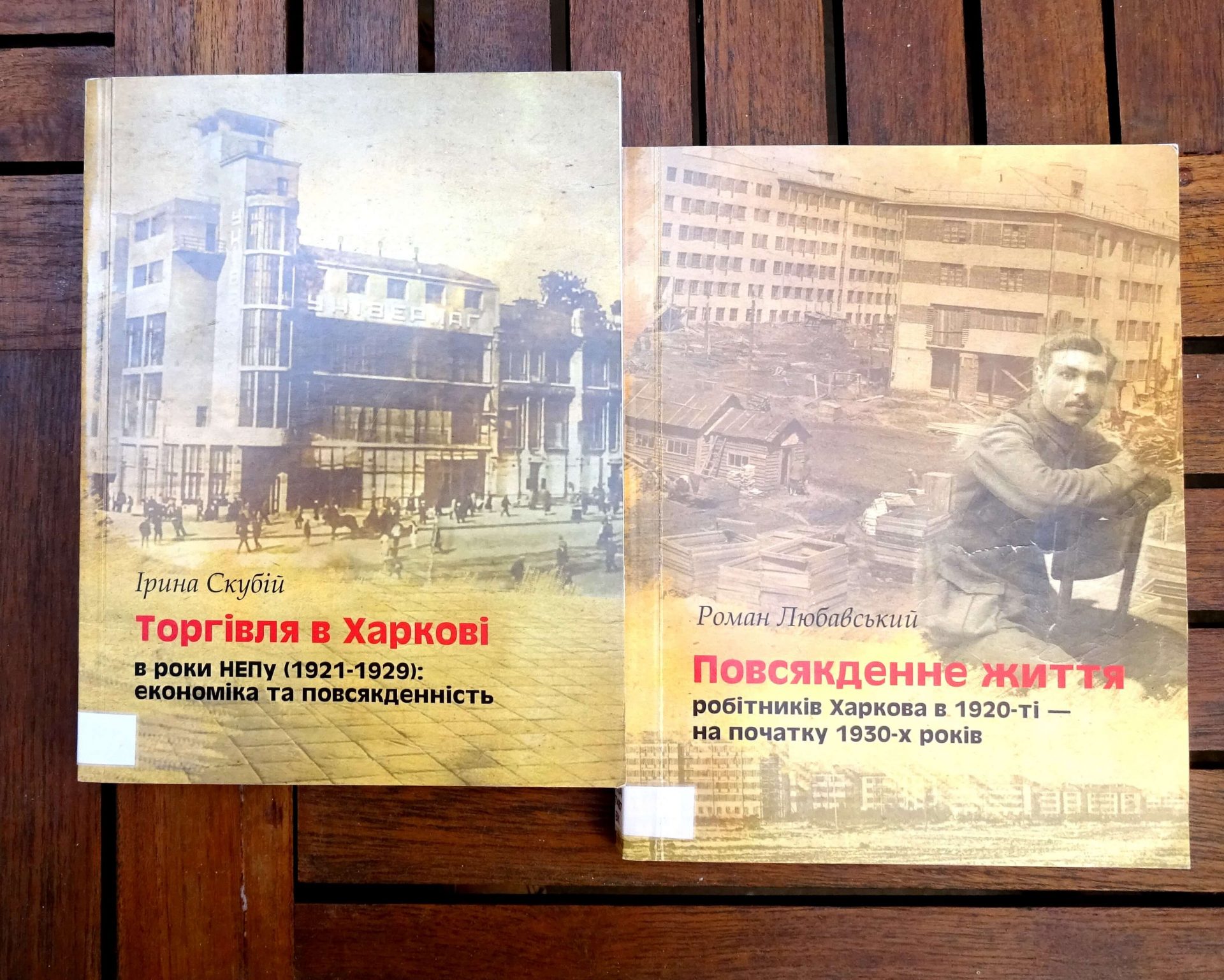Social History of Soviet Past: Topics, Problems, Challenges.
Roman Lubavskyi, Iryna Skubiy
April 5, 2017 / 2.00 pm
Center for Urban History, Lviv
As the Soviet epoch moves further away in time, increasingly more historians choose it as the subject for their research. However, we can still trace the continuity of Soviet practices and institutions observed even despite the intention to condemn and get rid of them. It is a challenge for a historian and demands to search for methodology and explanatory models. In addition to explanatory strategies common for Ukrainian historians that revolve around the notions of totalitarianism, state apparatus and repressions, it is also important to find human-centered explanations focusing also on society in all its diversity. The methodological seminar for the research of the Soviet offers to consider the following several issues:
- Was the Soviet project modernizing in nature? How can social history answer this question? Is there any crucial difference between the strategies of transforming society in the 1920s, 1930s, and in the post-war decades?
- Soviet urbanization – is it really special? What can we learn from researching the history of cities and how do we correlate them with the history of the region, of the republic, and the entire USSR?
- A Soviet state - welfare state dictatorship? The problems of consumption history in the USSR
- How to combine social history and history oriented anthropology with the study of political level and avoid restriction of totalitarian paradigm and the focus solely on a "small person"?
The guest speakers of the seminar were Kharkiv historians Roman Lubavskyi, author of "Everyday Life of Workers in Kharkiv in the 1920s – early 1930s", and Iryna Skubiy, author of "Trade in Kharkiv in the years of NEP (1921-1929): Economy and Everyday Life." Welcome to learn more from the books in the library of the Center.
The discussion welcomed historians, anthropologists, sociologists, and all of those interested in the prospects of researching the Soviet.
